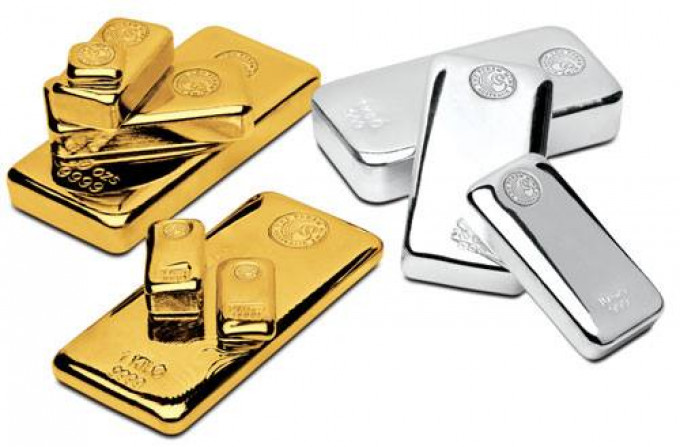World shares sank Monday after a report that U.S. inflation worsened last month sent stocks reeling last week on Wall Street.
Germany’s DAX lost 1.9% to 13,496.91 and the CAC 40 in Paris declined 2.2% to 6,052.73. Britain’s FTSE 100 lost 1.5% to 7,208.31. The future for the S&P 500 was down 2.6% while that for the Dow industrials lost 2%.
Investors had hoped the highly anticipated consumer price report would show the worst inflation in generations had slowed a touch last month, passing its peak. Instead, the U.S. government said inflation accelerated to 8.6% in May from 8.3% the month before.
Friday’s report suggests the Federal Reserve will need to persist in raising interest rates and taking other measures to slow the economy and try to force down inflation.
Tokyo’s Nikkei 225 index lost 3% to 26,987.44 and the Hang Seng in Hong Kong skidded 3.4% to 21,067.58. In South Korea, the Kospi declined 3.5% to 2,504.51 as a truckers strike added to concerns over supply chain disruptions. The Shanghai Composite index dropped 0.9% to 3,255.55.
Thailand’s benchmark fell 1.7%. Markets in Australia were closed for a holiday.
Regional concerns have also been weighing on sentiment, as China combats more outbreaks of coronavirus after easing some precautions in recent weeks.
That means “previous optimism surrounding China’s reopening may also take a pause, as the resumption of mass-testing in Beijing and Shanghai seems to place Covid-19 risks at the forefront once again,” Jun Rong Yeap of IG said in a commentary.
On Friday, the S&P 500 shed 2.9% and tumbling bond prices sent Treasury yields to their highest levels in years. The Dow Jones Industrial Average lost 2.7% and the Nasdaq composite dropped 3.5%.
The growing expectation is for the Fed to raise its key short-term interest rate by half a percentage point at each of its next three meetings, beginning next week. Only once since 2000 has the Fed raised rates by that much, last month.
Surging prices and expectations about Fed policy have sent the two-year Treasury yield to its highest level since 2008 and the S&P 500 down 18.7% from its record set in early January.
High-growth technology stocks, cryptocurrencies and other big winners of the pandemic’s earlier days have been hurting the most, but the damage is broadening as retailers and others warn about upcoming profits.
Record-low interest rates engineered by the Fed and other central banks have helped keep investment prices high. Now the “easy mode” for investors is being switched off. Since higher interest rates make borrowing more expensive, dragging on spending and investments by households and companies, there also is a risk the Fed could push the U.S. economy into a recession.
Investors also worry food and fuel costs may keep surging, regardless of how aggressively the Fed moves, partly because of the crisis in Ukraine, which is a major breadbasket for the world.
On Saturday, the national average for a gallon of regular gas surpassed $5, by a fraction of a penny, according to the AAA auto club.
In other trading, benchmark U.S. crude oil lost $2.48 to $118.19 per barrel in electronic trading on the New York Mercantile Exchange. It lost 84 cents to $120.67 on Friday.
Brent crude, the pricing standard for international trading, gave up $2.33 to $119.68 per barrel.
The dollar rose to 134.43 Japanese yen from 134.37 yen. It briefly traded at about 135.20 yen. That was the yen’s weakest level since October 1998 and it prompted officials to voice concerns.
The chief government spokesman, Hirokazu Mizuno, told reporters the government was monitoring the situation and would “take actions whenever necessary.”
“Recent sharp yen falls are raising uncertainty over the outlook and making it difficult for companies to compile business plans, so they are negative and undesirable for the economy,” Kyodo News Service quoted Bank of Japan Gov. Haruhiko Kuroda as saying.
The euro fell to $1.0493 from $1.0518.
READ ALSO:



1672397318_680.jpg)



